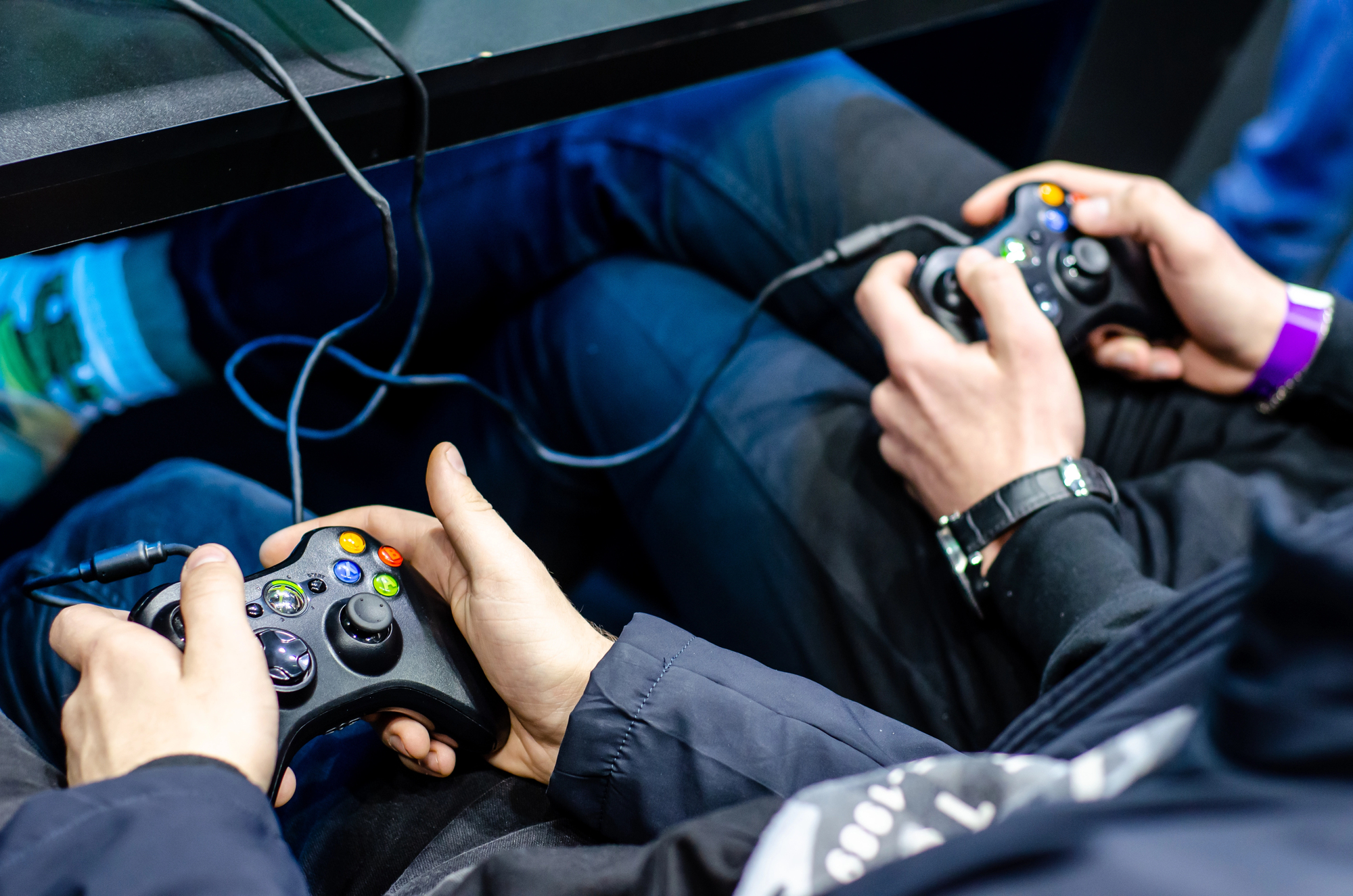Gamers are leveraging their skills and passion to make a positive impact on the world through charitable initiatives. Online gaming communities have become powerful forces for good, raising millions of dollars for various causes. Streaming platforms like Twitch have enabled gamers to host charity events, encouraging viewers to donate while they play popular games such as Fortnite.
These fundraising efforts take many forms, from 24-hour gaming marathons to large-scale esports tournaments. One notable example is the St. Jude PLAY LIVE event, which raised over $13 million for St. Jude Children’s Research Hospital in 2021. Extra Life, another gaming charity marathon, supports children’s hospitals worldwide through its annual fundraising drive.
The trend of “Gaming for Good” appeals to young, socially-conscious gamers who want to use their influence and abilities to support worthwhile causes. By combining entertainment with philanthropy, these initiatives have created a new model for charitable giving that resonates with digital-native generations.
The Rise of Charity in Gaming
Gaming communities have become powerful forces for charitable giving, leveraging their passion and skills to support worthwhile causes. This trend has transformed how fundraising occurs in the digital age.
Understanding the Gamer Community’s Philanthropic Drive
Gamers have shown a remarkable desire to give back to society. Their motivation often stems from a sense of community and a wish to use their gaming skills for good. Many gamers feel a strong connection to causes that align with their values, such as children’s hospitals or digital literacy programs.
The gaming industry has embraced this philanthropic spirit. Game developers and publishers frequently partner with charities, creating in-game events or special content to encourage donations. This approach allows gamers to contribute while enjoying their favourite pastime.
Streaming platforms have played a crucial role in facilitating charitable giving. Popular streamers use their influence to rally support for various causes, often hosting charity streams that last for hours or even days.
The Evolution of Fundraising Through Gaming
Fundraising in gaming has grown from small-scale efforts to large, organised events. Gaming marathons have become a popular format, with participants playing for extended periods to raise money. These events often feature incentives for donors, such as the ability to choose games or challenge streamers.
Virtual fundraisers within games themselves have gained traction. Players can purchase special items or participate in events, with proceeds going to charity. This method has proven effective, as it integrates giving seamlessly into the gaming experience.
The rise of esports has opened new avenues for charitable giving. Major tournaments now often include a charitable component, with prize money or viewer donations supporting various causes. This approach has helped raise the profile of gaming-related philanthropy and attracted corporate sponsors.
Key Players and Initiatives in Gaming Philanthropy
Gaming communities have rallied around charitable causes, creating impactful events and organisations that harness the power of play for social good. These initiatives have raised millions for various causes, showcasing the generosity of gamers worldwide.
Charity Events and Marathons Making a Difference
Games Done Quick stands out as a prominent charity gaming marathon. Twice yearly, skilled speedrunners gather to complete games as quickly as possible while raising funds for organisations like Doctors Without Borders and the Prevent Cancer Foundation. Since its inception, Games Done Quick has raised over $41 million for charity.
Extra Life, another notable initiative, unites thousands of gamers for a 24-hour gaming marathon. Participants fundraise for their local Children’s Miracle Network Hospital, supporting sick and injured kids. The event has raised more than $100 million since 2008.
St. Jude Play Live encourages content creators to stream games while raising money for St. Jude Children’s Research Hospital. This campaign has become increasingly popular, with streamers and their communities contributing millions to paediatric cancer research and treatment.
Prominent Organisations and Their Contributions
AbleGamers Charity focuses on improving the lives of people with disabilities through gaming. They provide custom gaming setups, offer consultation services, and advocate for better accessibility in games. Their work has helped thousands of individuals with disabilities enjoy gaming experiences.
Special Effect, a UK-based charity, adapts gaming controls for people with physical disabilities. They create custom control setups and eye-control systems, allowing individuals to play games they never thought possible. Their efforts have transformed lives by providing independence and social connections through gaming.
Penny Arcade’s Child’s Play charity provides games and entertainment to children in hospitals worldwide. They work with a network of hospitals to deliver age-appropriate games, toys, and books to young patients, offering comfort and distraction during difficult times.
Leveraging Technology and Platforms for Charity
Gamers harness digital tools and streaming services to support charitable causes. These platforms enable widespread reach and engagement, creating new avenues for fundraising and awareness.
Streaming for Good: The Power of Live Broadcasts
Twitch and YouTube have become key platforms for charity gaming events. Streamers host marathons, speedruns, and challenges to raise funds for various organisations. Games Done Quick, a popular event series, has raised millions for groups like Doctors Without Borders and Prevent Cancer Foundation.
St. Jude PLAY LIVE encourages gamers to stream gameplay while collecting donations for St. Jude Children’s Research Hospital. In 2021, this initiative raised over $13 million. Extra Life, a 24-hour gaming marathon, supports children’s hospitals worldwide through its annual event.
These streams often feature interactive elements like donation incentives, allowing viewers to influence gameplay or unlock special content. This engagement boosts participation and giving.
Innovations in Accessibility and Inclusive Design
Game developers and content creators are prioritising accessibility to expand charitable gaming’s reach. Assistive technologies, such as eye-tracking controls and adaptive controllers, allow more people to participate in gaming events.
Charity streams increasingly offer closed captions, audio descriptions, and sign language interpretation. These features make content accessible to viewers with diverse abilities.
Game designers are incorporating inclusive elements directly into titles used for fundraising. This might include colourblind modes, customisable difficulty settings, or alternative control schemes.
By focusing on accessibility, the gaming community broadens its potential donor base and promotes inclusivity within the sector.












